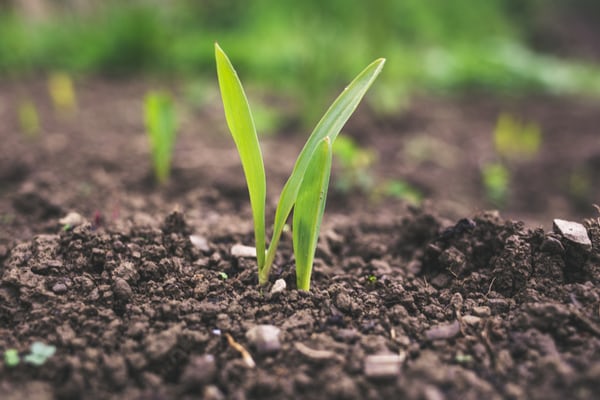Weeds are unwanted plants that grow haphazardly in your garden. They make an unwanted competition for food, water and sunlight. When left unchecked, weeds also tend to hide pests and diseases that might end up destroying your next harvest. Ever since humans started cultivating plants they had a battle with weeds. They grow along with the crops that you are growing. If you were to track every hour spent in your garden, you would probably find that you do an inordinate amount of weeding. And while the first few weeks of tearing up these intruders can prove mildly satisfying, the chore soon wears thin.
Nevertheless weeds also do some good to your garden. They can serve as a living mulch to protect your garden’s soil Their roots can also help prevent wind and rain-induced erosion. Also when they die, the nutrients absorbed by them are returned back to the soil which makes it fertile and conditioned. Moreover the flowers of weeds attract pollinators which are vital for environment.
Anyways, here are some methods proven to be beneficial in eliminating weeds.
- In the era of rapid growth of technology, a variety of weed control tools are introduced such as Finger weeders,Torsion weeders, and many more.
- Chemical weed controls have also been used for a long time. Sulphates and Nitrates of copper and iron were used; sulphuric acid proved even more effective. Application was by spraying. A great advantage of chemical over mechanical weed control is the ease of application.
- A number of vertebrate animals have been used to control certain specific weeds. Sheep and goats have been employed to control brushy plants on rangelands in many countries.
- Every square inch of your garden contains weed seeds, but only those in the top inch or two of soil get enough light to trigger germination. Digging and cultivating brings hidden weed seeds to the surface. Dig only when you need to and immediately salve the disturbed spot with plants or mulch.
- Mulch benefits plants by keeping the soil cool and moist and depriving weeds of light. Organic mulches, in particular, can actually host crickets and carabid beetles, which seek out and devour thousands of weed seeds.
- When you can’t remove weeds, the next best thing is to chop off their heads. Cutting back the tops of perennial weeds, reduces reseeding and forces them to use up food reserves and exhaust their supply of root buds, thus limiting their spread.
- Close plant spacing chokes out emerging weeds by shading the soil between plants. You can prevent weed-friendly gaps from the get-go by designing with mass plantings or in drifts of closely spaced plants rather than with polka dots of widely scattered ones.
Beyond these strategies, enriching your soil with organic matter every chance you get can move your garden along down the weed-free path.


